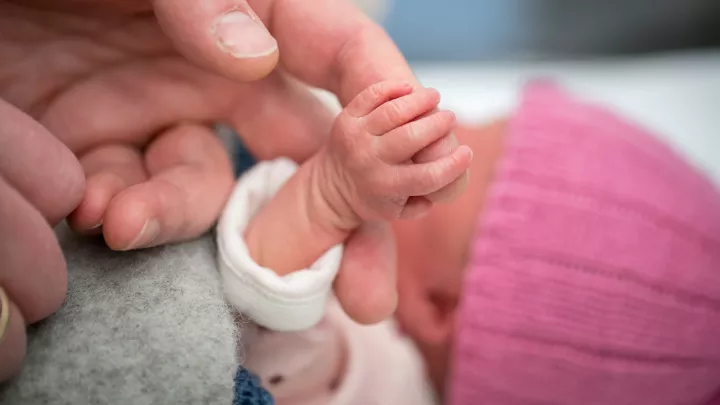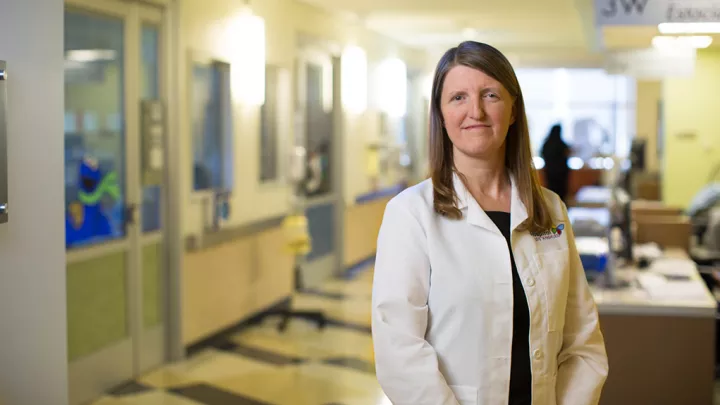Premature Birth and Survival
In 1963, the death of baby Patrick Bouvier Kennedy, who was born 5 ½ weeks premature and died from respiratory distress syndrome, gripped the nation. At that time, medicine had very little to offer premature babies with respiratory distress, but baby Patrick’s death put a spotlight on a lung ailment that had been killing tens of thousands of babies every year.
President John F. Kennedy signed into law a large grant that authorized $265 million ($2.1 billion in today’s dollars) to be used primarily for newborn research. The grant was sponsored by the National Institute of Child Health and Human Development (NIHCD) that JFK, together with his sister, Eunice Shriver, had established a year earlier.
JFK’s personal tragedy spurred the development of neonatal medicine and many innovations specifically designed to help premature infants in distress.
Due to advances in neonatology, a subspecialty of pediatrics, premature infants born 5 ½ weeks early now have a 95% survival rate and even infants born as early as 26 weeks have an 80% survival rate.
According to Philippe Friedlich, MD, Chief of the Division of Neonatology and Director of the Institute for Fetal and Neonatal Medicine at Children’s Hospital Los Angeles, the changes in premature infant survival rates are the direct result of decades of scientific research leading to the development of new technologies and techniques designed to support premature newborns.
For example, Extracorporeal Membrane Oxygenation (ECMO) – a heart-lung bypass system that takes over circulatory and respiratory functions in infants whose systems fail – is a life-saving medical treatment used to help premature infants who suffer from a variety of issues such as sepsis, respiratory distress syndrome, persistent pulmonary hypertension, pneumonia or a congenital diaphragmatic hernia. The Center for Fetal and Neonatal Medicine at Children’s Hospital Los Angeles houses one of California’s largest Extracorporeal Membrane Oxygenation (ECMO) programs. More than 1,000 children have received life-saving ECMO care at CHLA.
NIH-funded research has shown that while survival rates for neonates treated with ECMO continue to improve, increased attention is being placed on long-term neurodevelopmental outcomes and further research is needed to understand the impact of ECMO on the developing brain.
These research advances have been funded by the National Institutes of Health. Unfortunately, due to proposed cuts to the federal budget, funding for medical research like Dr. Friedlich’s is in jeopardy.
Please contact your representative and express your support of fully funding the NIH to continue developing better and safer ways to protect and nurture premature infants.


